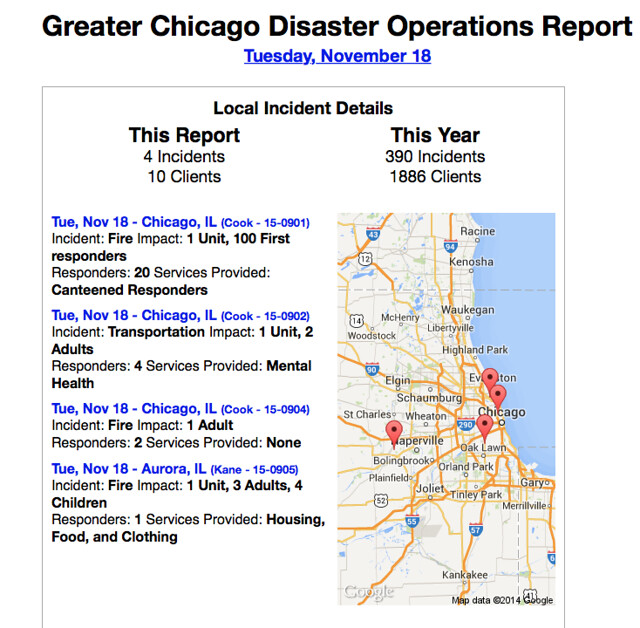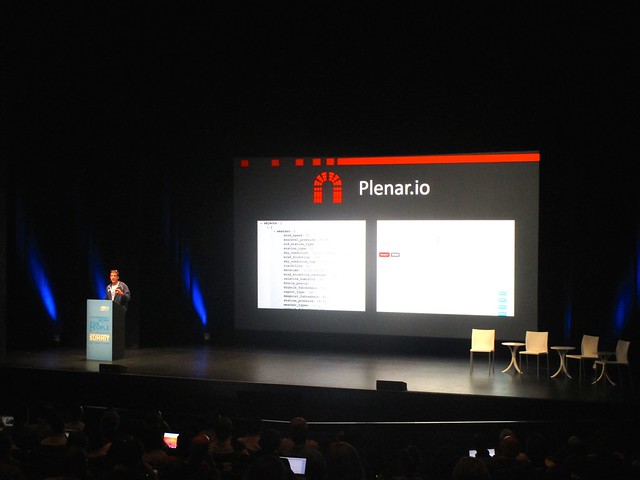Editor’s Note: The following post is from our international fellow Rakesh Dubbudu. Rakesh spent a few weeks with us learning about civic innovation in Chicago. Rakesh works as an open data advocate in India as one of the co-conveners of the National Committee for People’s Right to Information.

Before I arrived in the USA, I was unsure of the learning & exchange during this trip. Though my interest centered on good & effective governance using technology & data, I was unclear about the specifics. During the orientation in Washington DC, I came to know that I would spend three weeks in Chicago with the ‘Smart Chicago Collaborative’. It was time for a quick google search to check what Smart Chicago was doing. I understood a little about Smart Chicago’s work.




